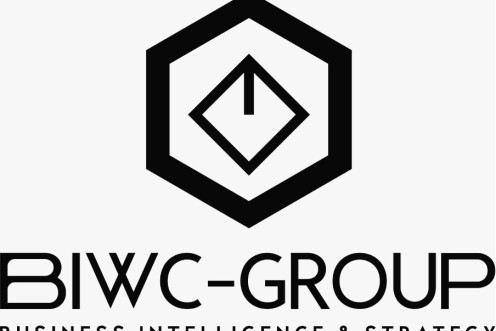The leaders of France and Germany on Friday vowed to step up pressure on Russia over its war against Ukraine, warning that President Vladimir Putin was showing little appetite to end Moscow's three-and-a-half year onslaught against its neighbour.
Russian President Vladimir Putin will have "played" his US counterpart Donald Trump if the Kremlin chief fails to meet with Ukrainian President Volodymyr Zelensky, French President Emmanuel Macron said Friday.
US President Donald Trump has canceled former vice president Kamala Harris's Secret Service protection, officials said Friday, in the Republican's most high-profile move of its kind against his political rivals.
A fierce debate has erupted in Germany around a neo-Nazi who is set to begin a jail term in a women's prison on Friday after legally changing gender.
Paetongtarn Shinawatra, scion of Thailand's most enduring and controversial political dynasty, was touted as the youthful, glamorous future of the movement, capable of winning over a new generation of voters.
The wife of jailed former South Korean President Yoon Suk Yeol was indicted Friday on charges including bribery, stock-market rigging, and accepting luxury gifts worth more than $50,000, a special prosecution team said.
Men sit outside shisha bars and women in hijabs push strollers past Middle Eastern restaurants and pastry shops in Berlin's Sonnenallee, a wide avenue which has become a symbol of how much Germany has changed in the last decade.
Markets in Asia were mixed on Friday following recent strong gains and after the Dow and the S&P 500 hit new records, although European stocks retreated.
When cell phone and internet networks went down across nine states in Nigeria earlier this summer, leaving millions without service, telecoms officials pointed to an increasingly familiar culprit: vandalism.
The sound of machine gun fire rattled around collapsed buildings as schoolchildren eagerly explored the ravaged streets of 1930s Nanjing, delighted to be visiting the set of a Chinese blockbuster about a historic massacre.
Graphic depictions of enormous phalluses and acrobatic sex positions have long rendered centuries-old Japanese "shunga" art taboo, but a rare exhibition aims to prove the genre is a world apart from male-centred porn.
Far above Kabul, the cash-strapped Taliban government has located a potentially lucrative revenue stream: Afghanistan's airspace.
India once united US policymakers like few issues. US policymakers have long skirted around India's sensitivities on Kashmir and sought to contain fallout from disagreements on other issues.
Washington cited Venezuelan President Nicolas Maduro's alleged role in the "Cartel de los Soles" as it dispatched five warships and thousands of Marines toward the Caribbean country for an anti-drug deployment.
Marco Rubio next week will pay his first visit to Mexico as the top US diplomat, as President Donald Trump presses for cooperation against migration and cartels, the State Department said Thursday.
An approaching US deadline to end tariff exemptions on small parcels has tripped up global deliveries to the world's biggest economy, with businesses halting shipments to American consumers and mulling price hikes.
Asian markets were mixed Thursday after AI powerhouse Nvidia's quarterly earnings beat expectations, but its shares slipped over worries about the company's stalled business in China.
Public outrage is growing as an investigation digs into whether president Javier Milei's sister, Karina, accepted vast sums of cash in kickbacks from pharmaceutical sales to Argentina's disability services agency.






































